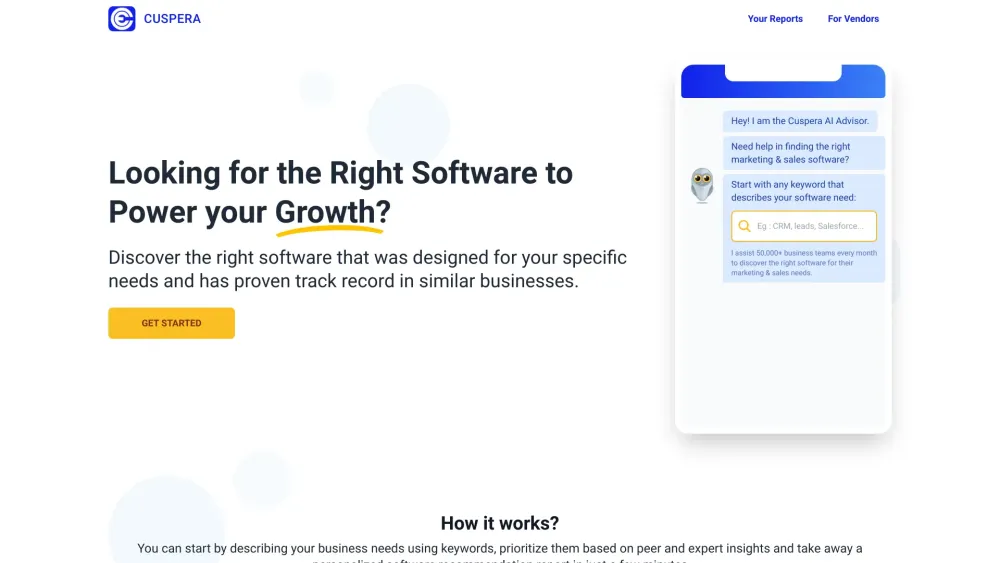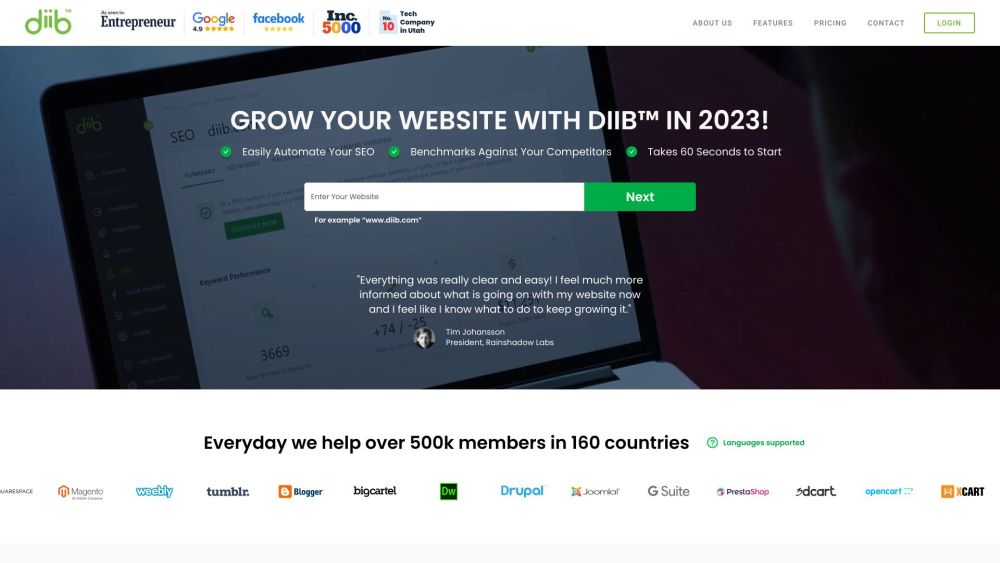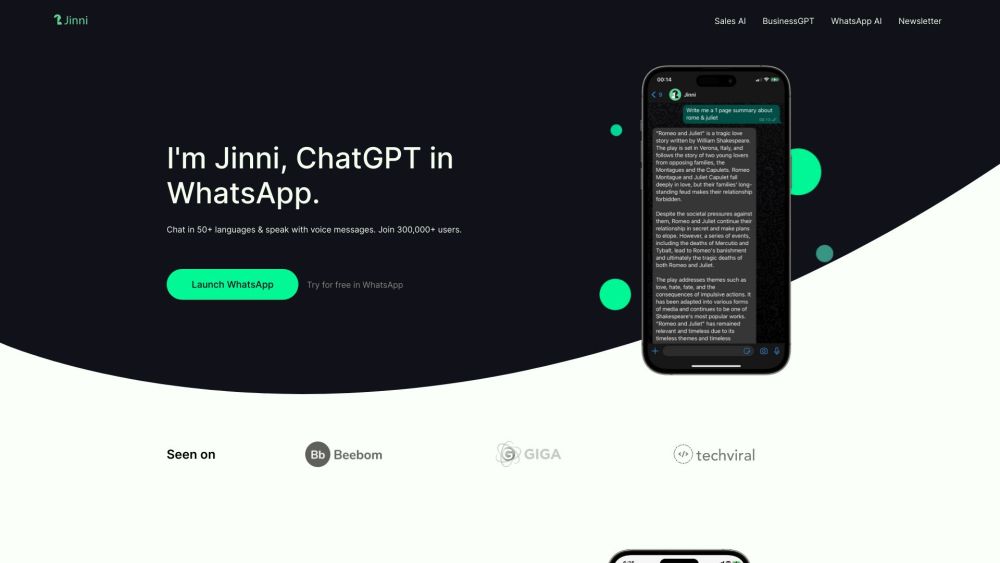Newlands VC Leads $10 Million Investment in SuperAGI for Full-Stack AGI Development
Newlands VC, a discreet investment firm funded by WhatsApp co-founder Jan Koum, is leading a significant $10 million investment in SuperAGI, as reported exclusively. The startup aims to develop a comprehensive artificial general intelligence (AGI) platform utilizing large agentic models (LAMs), which are regarded as the evolution of large language models. The funding follows a surge of interest in SuperAGI's research, with approximately 20,000 developers—representing companies like Microsoft, Google, Tencent, Tesla, JP Morgan Chase, and OpenAI—actively employing the tools that SuperAGI has already introduced.
The Series A investment will focus on advancing research, as well as creating middleware and software applications to enable AI systems to function more reliably across various use cases. “While tools like ChatGPT and LLMs excel at content generation, they often struggle with actionable tasks. SuperAGI addresses this challenge,” said co-founder and CEO Ishaan Bhola in an interview. “Many agentic frameworks have emerged, yet few effectively tackle this issue.”
Moreover, it appears that several large tech companies already making strides in AI are contemplating investments in SuperAGI, although the startup is currently deferring strategic partnerships.
Information about Newlands VC is sparse; a recent Forbes profile from November 2023 is one of the first to shed light on the firm, which is managed by former Sequoia partner Michael Abramson in Dallas, Texas. The firm has previously been recognized for its investments in enterprise startups, and now, SuperAGI emerges as its inaugural investment in the AI sector.
While AI technology has existed for years, the explosive success of generative AI tools like ChatGPT and Midjourney has elevated public awareness of AI capabilities. However, many have found that LLMs often produce flawed outputs, prompting continuous research into improvements and the pursuit of AGI. While larger, well-funded tech giants such as OpenAI, Anthropic, and Google are in the race, SuperAGI stands out as a smaller yet ambitious contender.
The funding arrives at a pivotal moment for AI startups. Although generative AI remains a hot topic, overall investment in AI startups saw a decline in Q4, as reported by PitchBook. The number of deals fell by 19% in 2023, totaling 7,238 compared to 8,968 in 2022. Correspondingly, the total dollar value of AI funding dropped from $96.6 billion in 2022 to $90.9 billion in 2023. Despite this downturn, major tech players like Microsoft and Google parent Alphabet continue their investments in AI startups, with PitchBook documenting $22.3 billion in global AI investments in Q4 alone.
Palo Alto-based SuperAGI, which also has operations in Bengaluru, India, began its journey in early 2023 by focusing on agentic research and the development of autonomous agents. As generative AI evolved, the company shifted its focus toward agent development. Its inaugural product, Contlo, serves marketing purposes by functioning as an all-in-one campaign and automation tool, allowing businesses to manage essential marketing operations through a single platform. Contlo has attracted over 1,000 new and established brands worldwide since its launch, particularly among Indian D2C brands and Shopify customers.
SuperAGI's latest offering, Verk, acts as an AI workforce capable of serving in roles such as sales representatives, graphic designers, market researchers, or social media managers. Users can access these AI employees through existing platforms such as Slack, as well as web and mobile devices, eliminating the concerns of employee turnover and onboarding.
Bhola explained that SuperAGI initially examined many available agentic frameworks but found them lacking. This led them to delve deeper into research, focusing on how to utilize agents effectively for tasks like software execution, sales, and marketing actions. Consequently, the startup began to create its own LAMs tailored for specific operational needs.
Founded by Bhola and Mukunda NS after their time at Sachin Bansal’s fintech startup, Navi, SuperAGI has open-sourced its infrastructure, including LAMs, autonomous agent frameworks, and training datasets, enabling other companies to design agentic systems suited to their requirements.
In 2022, SuperAGI released SAM-7B, a smaller agentic model, for the open-source community. The startup claims that it outperforms larger models like Microsoft’s Orca-2 (17B) and OpenAI’s GPT-3.5 (175B) in several reasoning benchmarks, such as ARC-C and GSM8k, despite being trained on a dataset that is 97% smaller.
Additionally, in January 2023, SuperAGI launched VEagle, an open-source vision model that surpassed other models like Bilva and Llava on various vision benchmarks. VEagle enhances textual understanding and image interpretation, allowing it to accomplish tasks similar to a human user, like scheduling a Google meeting without requiring direct user interaction or API integration.
According to Bhola, increasing parameters and computing power alone do not equate to true intelligence. “Current LLM architectures are merely the beginning, comparable to the early days of the internet where people believed it represented a single business model,” he noted.
Agentic models typically rely on third-party APIs for task execution, but Bhola highlighted that such reliance can hinder the models’ full capabilities. VEagle is designed to overcome these limitations by enabling more autonomous actions.
SuperAGI generates revenue through its applications while contributing to the open-source community and offering infrastructure to a wider array of clients, including major tech companies. For example, SuperAGI collaborates with AutoGPT, Microsoft, and OpenAI to forge standards for agents and establish new testing benchmarks.
Bhola stated that the company's holistic approach positions them well to eventually achieve AGI. “Our full-stack identity comes from having a robust core research engine, complemented by our middleware infrastructure,” he explained.
SuperAGI partners with various companies to develop applications on its agentic framework, boasting more than 150 available apps that function as software agents across diverse sectors, including QA testing and autonomous drone mapping. The open-sourced LAM infrastructure and framework provide opportunities for further applications.
Notable companies like Rabbit and T-Mobile demonstrate the potential of LAMs and their role in the AI future, but this may only scratch the surface. “AI must be capable of performing real actions to be valuable,” Bhola emphasized. “LLMs will serve as initial primitives, while our abstraction of LAMs is set to dominate and enhance the functionality of LLMs in the coming year.”
To date, SuperAGI has secured “north of 1,000+” paid customers through its Contlo and Verk apps. The startup plans to quickly expand this customer base by launching the Verk Store marketplace, which focuses on hiring AI employees. SuperAGI is already collaborating with EY to develop an AI auditing solution tailored for small and medium enterprises.
Ultimately, SuperAGI aims to rank among the top three AI research firms worldwide by 2024. Bhola affirmed the commitment to open-sourcing their findings and using applications as revenue-generating tools while retaining transparency—a principle that sets them apart from competitors that started open-source but transitioned to closed models.
In this latest Series A financing—which brings SuperAGI’s total funding to approximately $15 million and values the startup at under $100 million—investors include leading AI researchers and operators from prominent companies like Meta and Apple, along with participation from the existing investor, Kae Capital.





